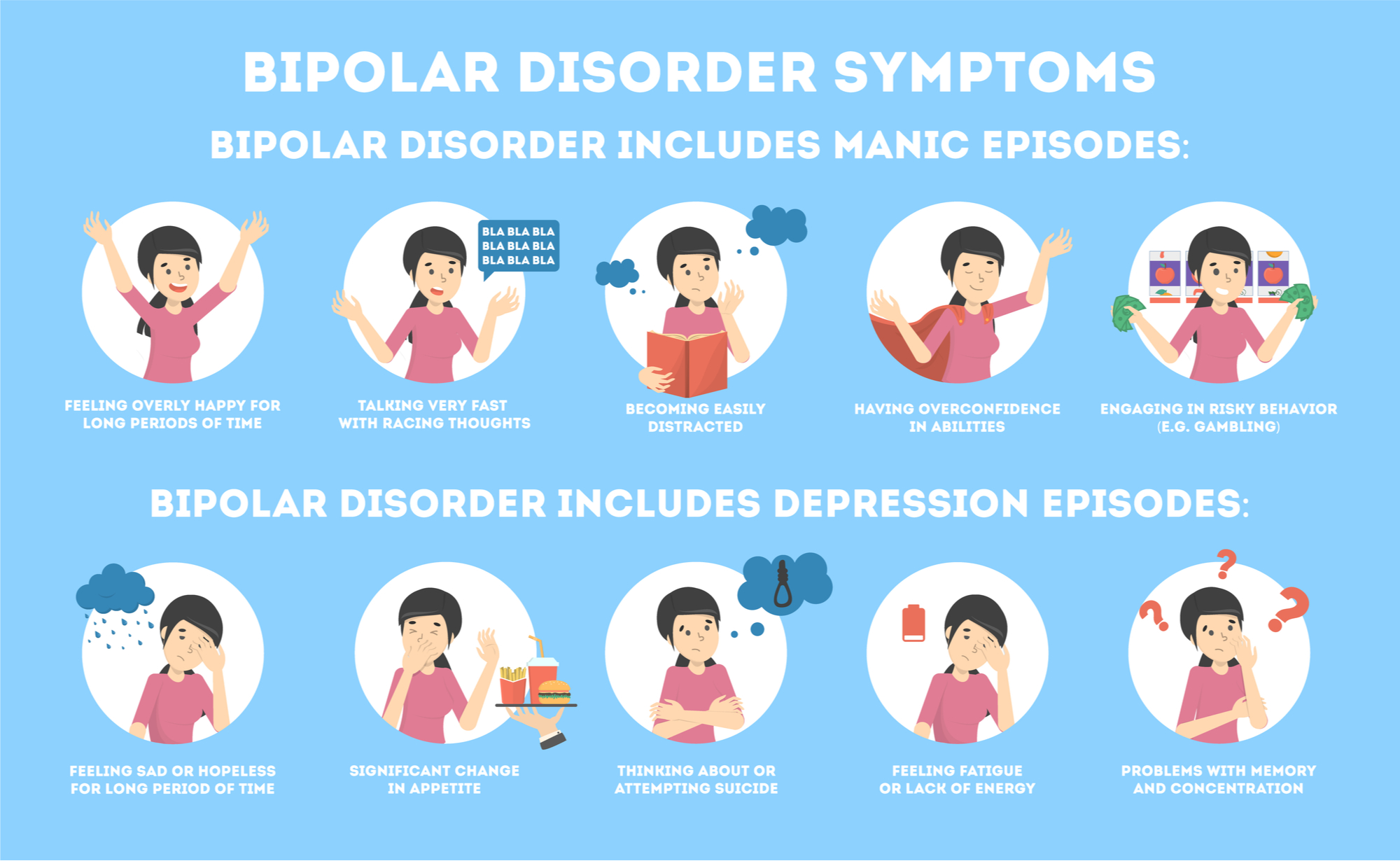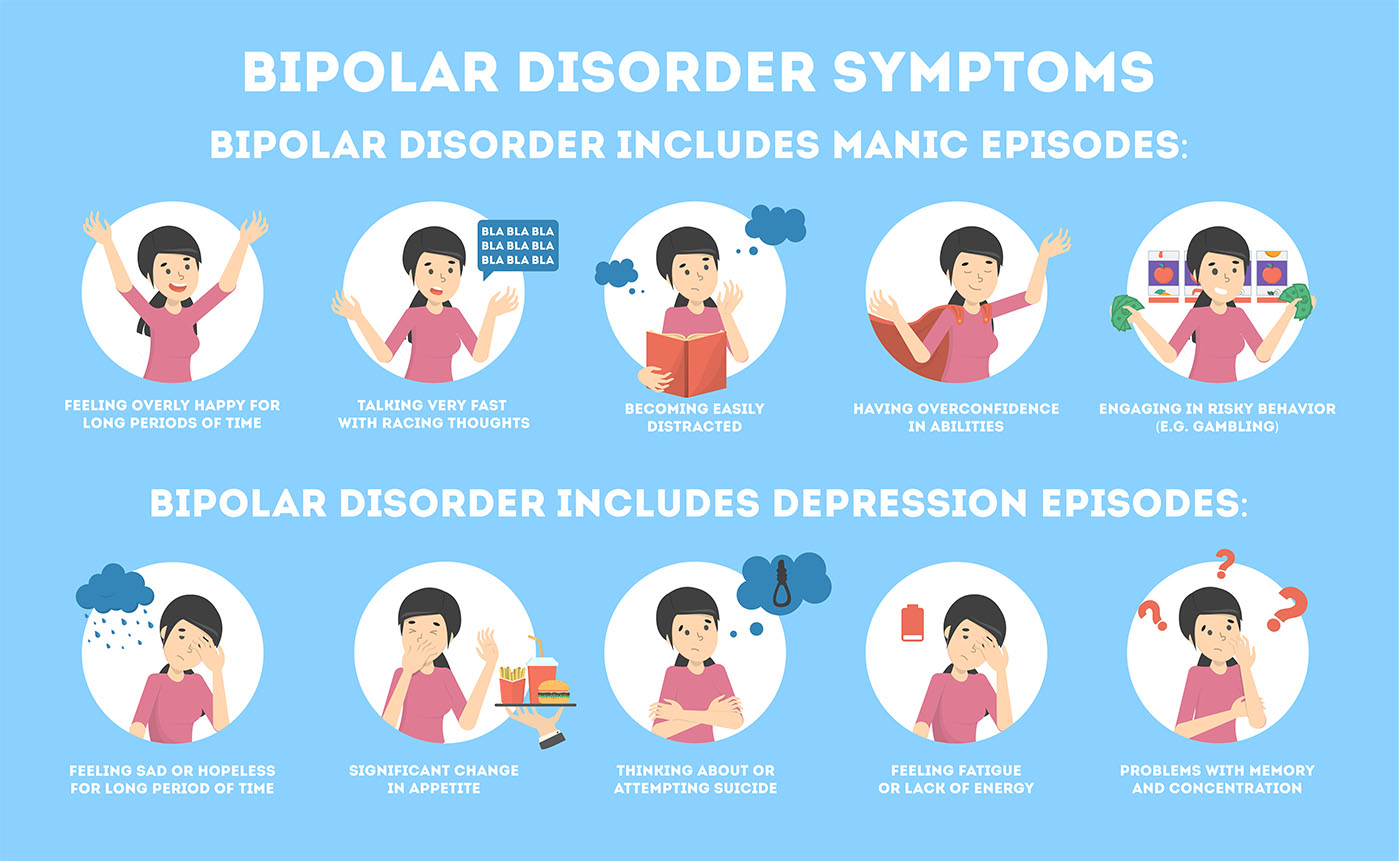
Bipolar disorder, formerly known as manic depression, is a mental health condition that affects millions of people worldwide. It is characterized by extreme mood swings that can range from manic highs to depressive lows. The symptoms of bipolar disorder can be severe and impact daily life, relationships, and overall well-being. However, with the right treatment and support, individuals with bipolar disorder can manage their symptoms and lead fulfilling lives.
What are the Symptoms of Bipolar Disorder?
The symptoms of bipolar disorder can vary from person to person, but common signs include:
Manic Episodes: Periods of abnormally elevated or irritable mood, increased energy, and activity. During these episodes, individuals may experience:
+ Increased self-esteem or grandiosity
+ Decreased need for sleep
+ Increased talkativeness or feeling of pressure to keep talking
+ Flight of ideas or racing thoughts
+ Distractibility
+ Increased involvement in activities that have a high potential for painful consequences
Depressive Episodes: Periods of abnormally low mood, decreased energy, and loss of interest in activities. During these episodes, individuals may experience:
+ Persistent feelings of sadness, hopelessness, or emptiness
+ Loss of interest in activities that were once enjoyable
+ Changes in appetite or sleep patterns
+ Fatigue or loss of energy
+ Difficulty concentrating or making decisions
Mixed Episodes: A combination of manic and depressive symptoms, such as feeling anxious or irritable while also experiencing depressive symptoms.
Treatment Options for Bipolar Disorder
While there is no cure for bipolar disorder, treatment can help manage symptoms and improve quality of life. Treatment options include:
Medications: Mood stabilizers, antipsychotics, and antidepressants can help regulate mood and reduce symptoms.
Psychotherapy: Cognitive-behavioral therapy (CBT), family-focused therapy, and interpersonal therapy can help individuals develop coping skills and improve relationships.
Lifestyle Changes: Regular exercise, healthy eating, and stress management techniques, such as meditation or yoga, can help reduce symptoms and improve overall well-being.
Support Groups: Joining a support group can provide individuals with a sense of community and connection with others who are going through similar experiences.
Bipolar disorder is a complex condition that requires comprehensive treatment and support. By understanding the symptoms and treatment options, individuals can take the first step towards managing their condition and improving their quality of life. If you or someone you know is experiencing symptoms of bipolar disorder, it's essential to seek professional help. With the right treatment and support, individuals with bipolar disorder can lead fulfilling and productive lives.
Remember, bipolar disorder is not a sign of weakness, and seeking help is a sign of strength. Don't hesitate to reach out to a mental health professional or a support group for guidance and support.
This article is for informational purposes only and is not intended to diagnose or treat any medical condition. If you or someone you know is experiencing symptoms of bipolar disorder, please consult a qualified mental health professional.

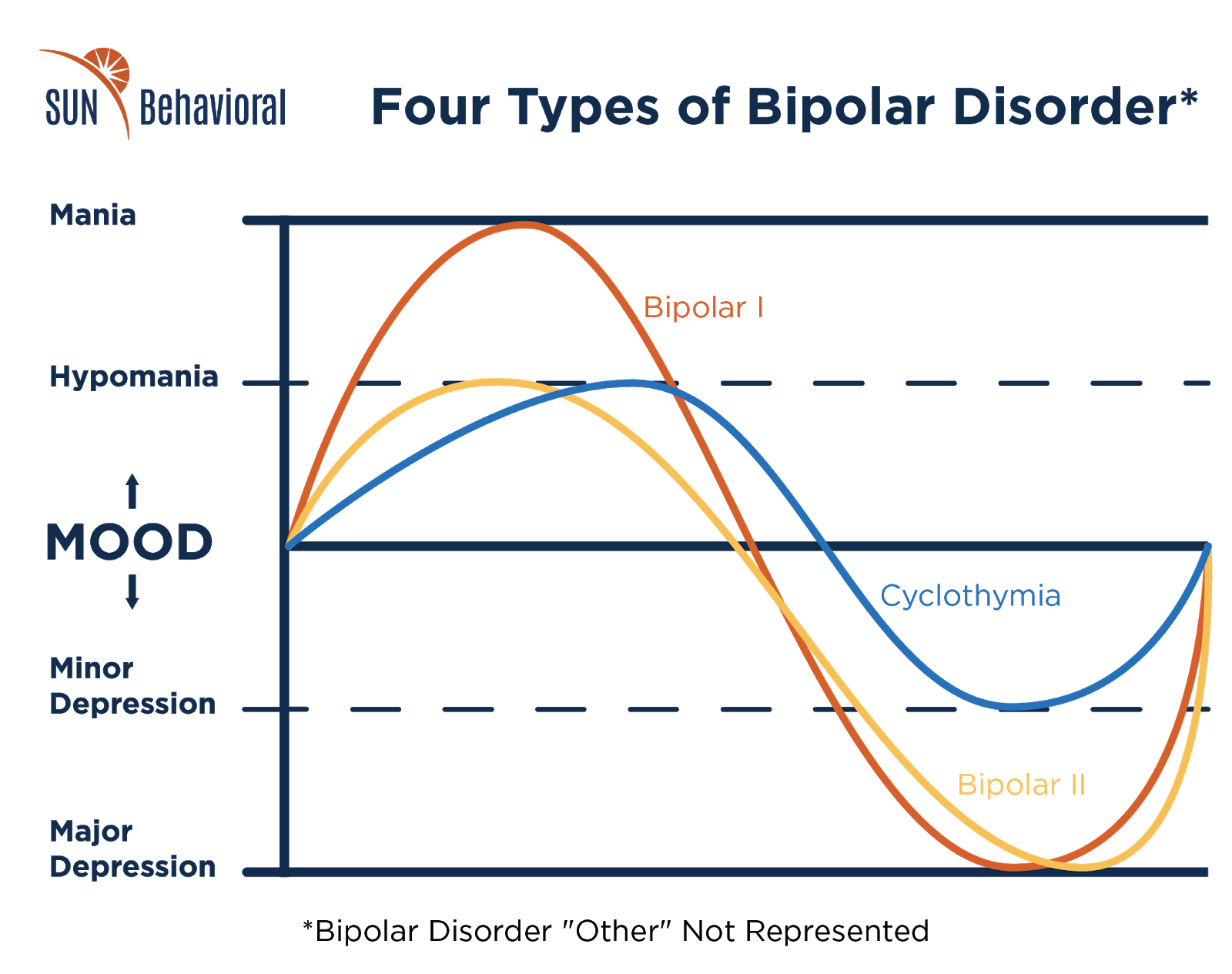

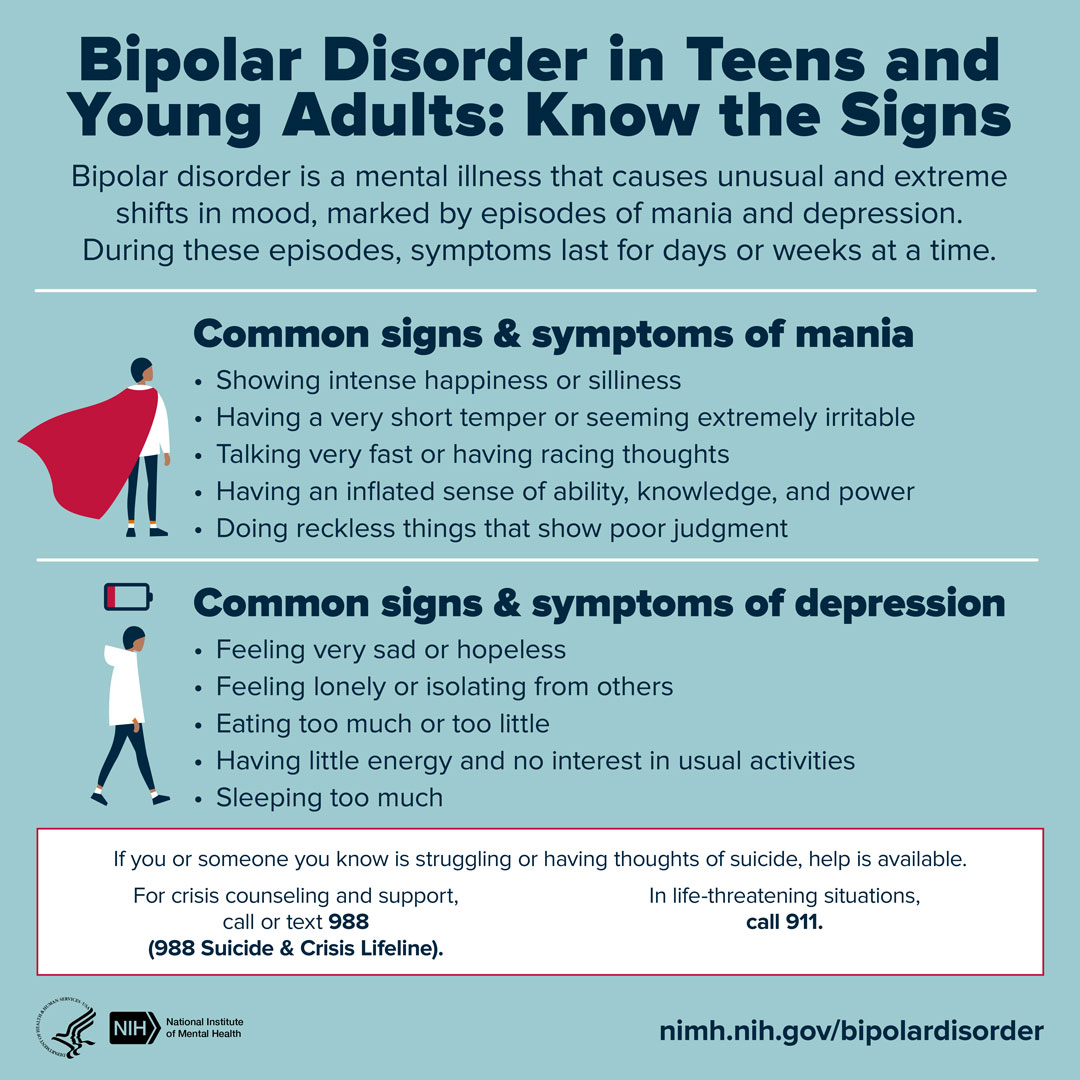
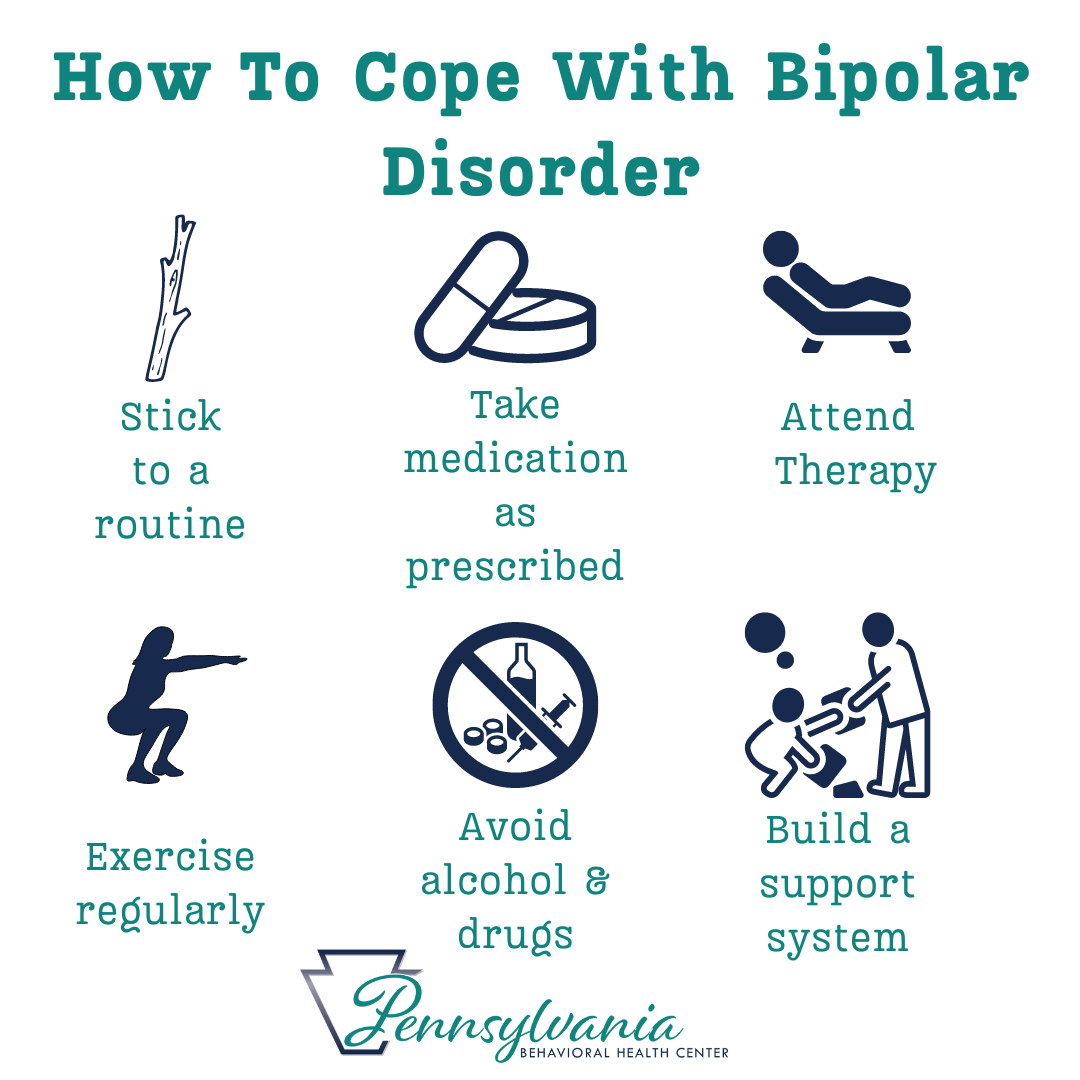
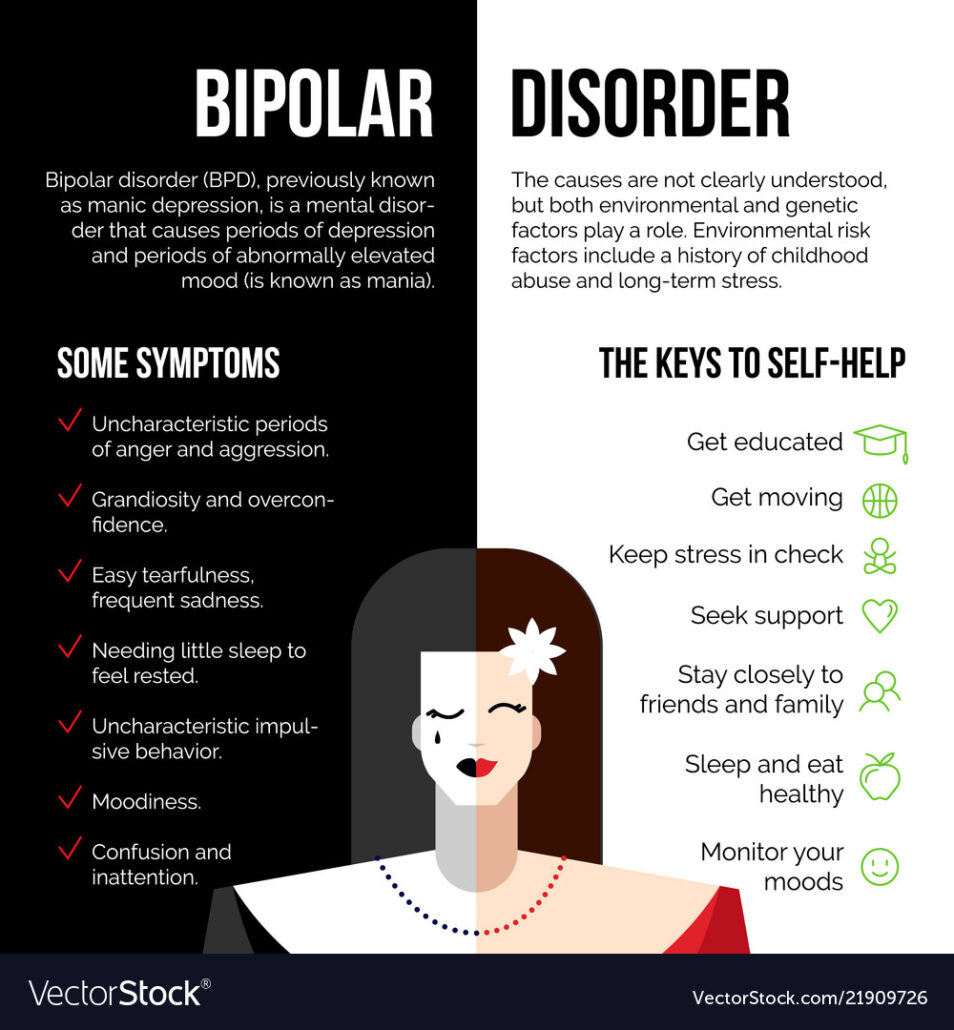
:max_bytes(150000):strip_icc()/what-causes-bipolar-disorder-378711_blue-5b315836119fa80036a50456.png)
